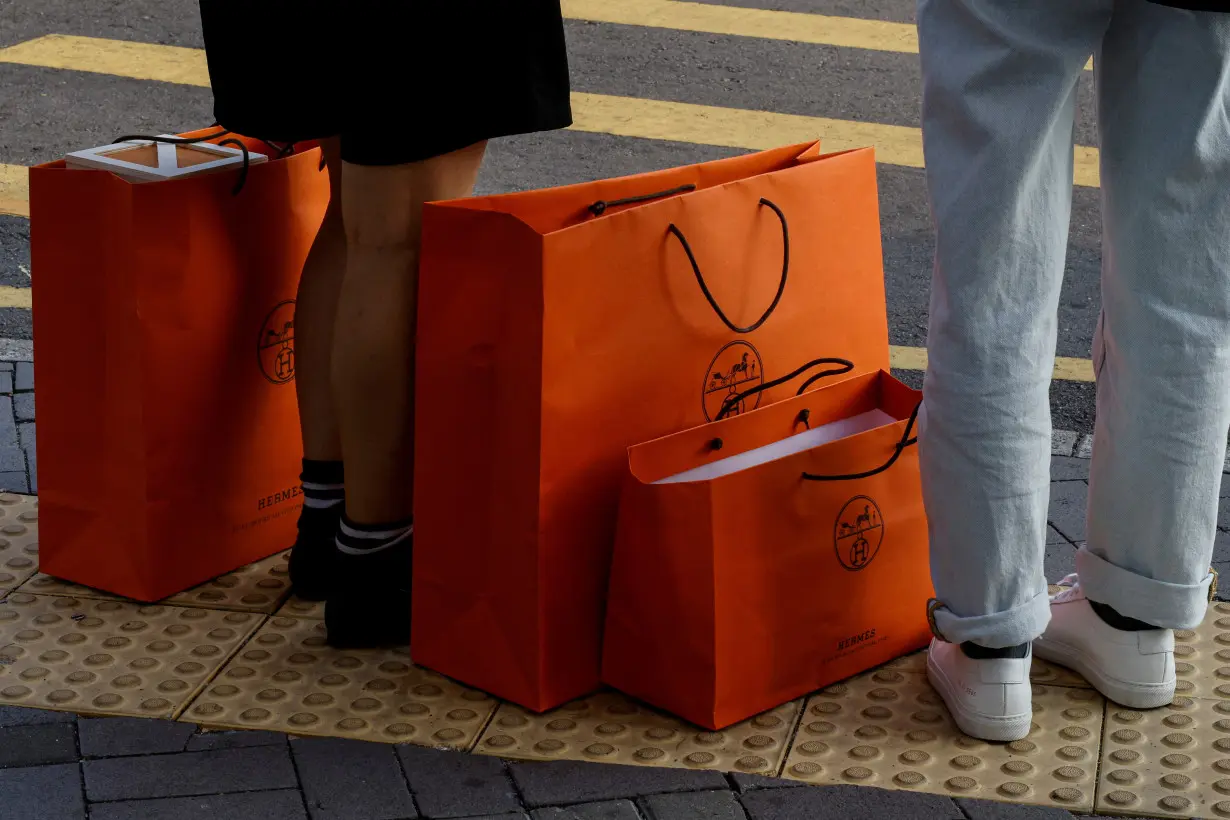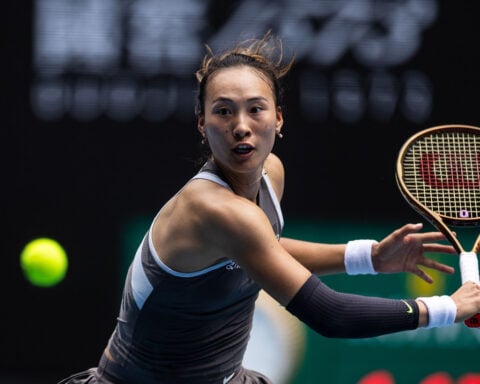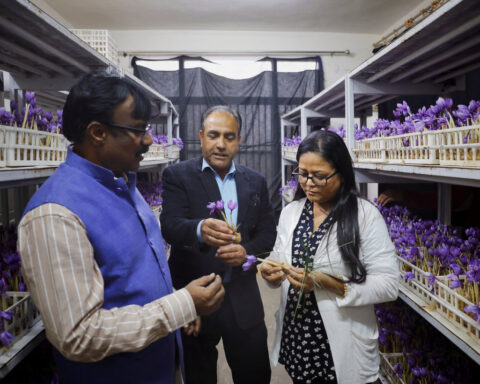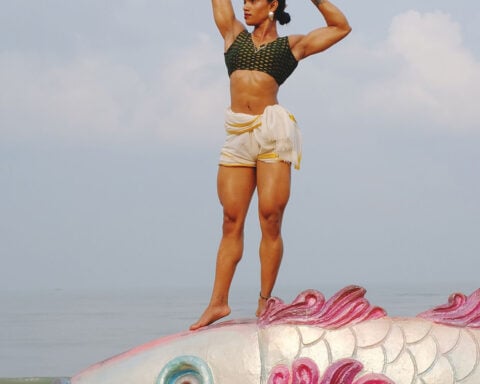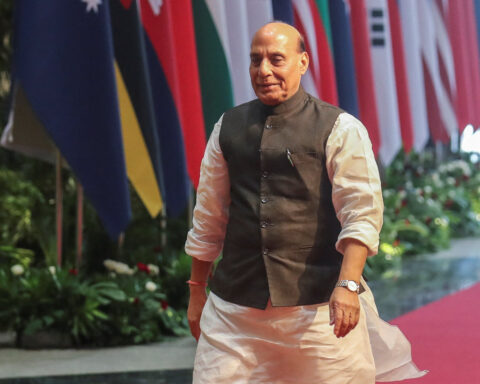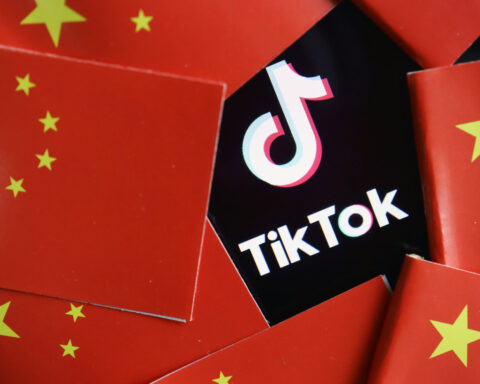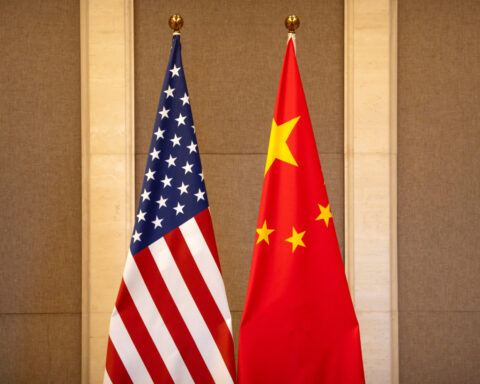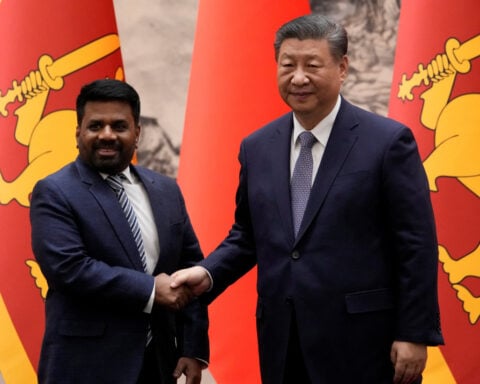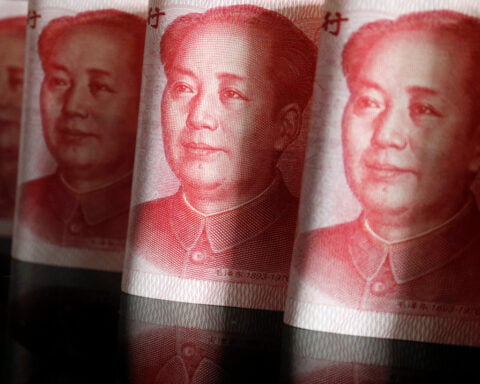By Mimosa Spencer and Elisa Anzolin
PARIS/MILAN (Reuters) -China's richest people are avoiding flaunting their wealth in favour of more discreet fashion, according to a report published on Tuesday by Bain consultancy that predicted the weakest global luxury market since the height of the pandemic.
Global sales of personal high-end goods - spanning clothing, accessories and beauty products - this year will be between flat and 4% higher year-on-year, at constant rates, Bain forecast in its twice-yearly luxury report, closely watched in the fashion world.
That would be the weakest sales growth since 2020 when sales collapsed during the COVID-19 pandemic.
The slowdown is most marked in China as economic uncertainty weighs on middle-class shoppers and makes those who can still afford luxury cautious about ostentation.
"For the first time in history, we have in China the so-called luxury shame," Bain partner Federica Levato said.
In an environment of unemployment, social and economic crisis, the wealthier Chinese, who have resumed travelling, have shifted their spending outside of the Mainland.
"The market is, for sure, in a stall moment," Levato said further. "After two years and a half of growth, there is a fatigue in personal luxury goods."
Germany's Beiersdorf said on Tuesday that it has had to contend with a "strongly declining" Chinese luxury skin care market this year, although its La Prairie creams, which cost several hundred U.S. dollars per jar, had gained market share.
The Bain report will reinforce concerns among investors that Chinese luxury demand is not bouncing back, concerns that have knocked shares in LVMH and Gucci-owner Kering over the last year.
It will also spur expectations that luxury brands at the top end of the market, such as Birkin bag-maker Hermes that sells handbags priced at more than $10,000, will fare better in the current market.
Shares in Hermes are the only ones of the major listed luxury houses to have gained over the last year.
Instead of flocking to malls, shoppers are making private appointments and opting for more understated and discreet fashion, rather than "very visible and flashy items," Levato said, predicting this trend, closely linked to a specific economic situation, may not last.
Signs of recovery have emerged in the United States, with growth led by more affluent clients, while younger, less wealthy shoppers continue to delay purchases.
In Europe and Japan, the return of foreign visitors has boosted luxury sales.
($1 = 0.9328 euros)
(Reporting by Mimosa Spencer and Elisa Anzolin; Additional reporting by Ludwig Burger in FrankfurtEditing by Josephine Mason and Barbara Lewis)

 Joe Biden’s record on science and tech: Investments and regulation for vaccines, broadband, microchips and AI
Joe Biden’s record on science and tech: Investments and regulation for vaccines, broadband, microchips and AI
 Meta shift from fact-checking to crowdsourcing spotlights competing approaches in fight against misinformation and hate speech
Meta shift from fact-checking to crowdsourcing spotlights competing approaches in fight against misinformation and hate speech
 Fire tornadoes are a risk under California's extreme wildfire conditions
Fire tornadoes are a risk under California's extreme wildfire conditions
 In eyeing Greenland, Trump is echoing long-held American designs on the Arctic expanse
In eyeing Greenland, Trump is echoing long-held American designs on the Arctic expanse
 78 dead at abandoned South Africa gold mine that was scene of a standoff. Toll is expected to rise
78 dead at abandoned South Africa gold mine that was scene of a standoff. Toll is expected to rise
 Poland's leader accuses Russia of planning acts of sabotage against 'airlines around the world'
Poland's leader accuses Russia of planning acts of sabotage against 'airlines around the world'
 Jayden Daniels accomplishes a feat last done by Slinging Sammy Baugh in 1937
Jayden Daniels accomplishes a feat last done by Slinging Sammy Baugh in 1937
 Wildfires latest: A final round of dangerous fire weather and dry conditions is in the forecast
Wildfires latest: A final round of dangerous fire weather and dry conditions is in the forecast
 Kamala Harris memes questioning her cultural background highlight Americans’ contradictions with race
Kamala Harris memes questioning her cultural background highlight Americans’ contradictions with race
